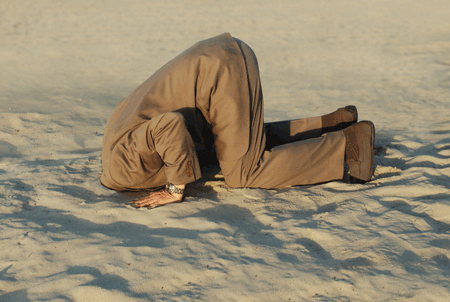elvis
Rookie
- Sep 15, 2008
- 25,881
- 4,472
- 0
- Banned
- #61
Odd...you posted a picture of liberalism's foreign policy.Conservatism has no flaws:

At least they don't seem to see any.
Odd. It was Republicans who let Bin Laden go. It wasn't Republicans who got him.
Odd. you're still a worthless piece of shit partisan hack jackass.
Last edited:
